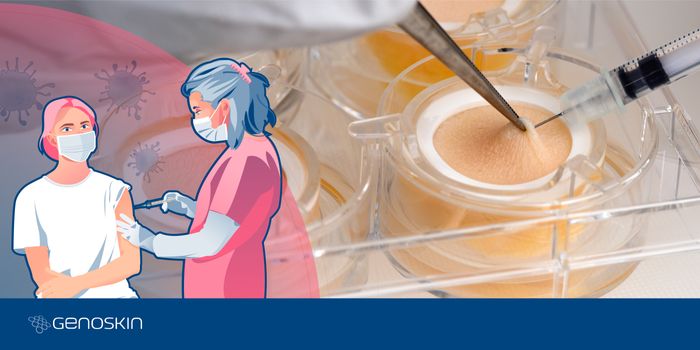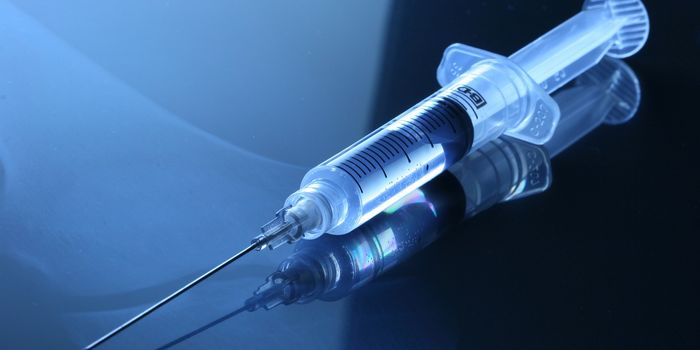People have been using and consuming ginger for thousands of years in many places, including India, China, Persia, and the Mediterranean. Ginger has been used to treat a huge variety of diseases, from cancer to colds, but there is little scientific evidence to support those uses. Research studies have shown, however, that ginger can reduce nausea; ginger may also have an anticancer effect, which may be due to its antioxidant activity, though research on this phenomenon has mostly occurred in animal models and many findings have not been verified in humans.
Ginger has spicy aroma, primarily due to ketones like the gingerols, and a lot of the health-related scientific research into ginger has focused on these compounds. There are at least 31 gingerol-related compounds in ginger.
A new study has examined the impact of [6]-gingerol on immune cells, because [6]-gingerol can activate the TRPV1 receptor. TRPV1 has been linked to the sensations of pain from heat and spiciness from chili, and this receptor was also found on some immune cells called neutrophil granulocytes, which are a common type of white blood cell.
The researchers have shown that in study volunteers, plasma concentrations of [6]-gingerol were highest of any ginger compound, at 7 to 17 micrograms per liter, about 45 minutes after the individuals had consumed one liter of ginger tea. This tea was prepared by adding 100 grams of peeled, fresh, crushed Chinese ginger to boiling water, and steeping for fifteen minutes.
The work revealed that only 15 micrograms of [6]-gingerol per liter could heighten the alertness of neutrophil granulocytes, which reacted about 30 percent more strongly to a noxious peptide compared to control cells. When the TRPV1 receptor was blocked, this effect disappeared. The findings were reported in Molecular Nutrition & Food Research.
"Thus, at least in experiments, very low [6]-gingerol concentrations are sufficient to affect the activity of immune cells via the TRPV1 receptor. In blood, these concentrations could theoretically be achieved by consuming about one liter of ginger tea," said first study author Gaby Andersen of the Leibniz Institute for Food Systems Biology at the Technical University of Munich (Leibniz-LSB@TUM).
"So, our results support the assumption that the intake of common amounts of ginger may be sufficient to modulate cellular responses of the immune system. Nevertheless, there are still many unanswered questions at the molecular, epidemiological and medical levels that need to be addressed with the help of modern food and health research," concluded study leader Veronika Somoza, director of the Leibniz Institute.
Sources: Leibniz Institute for Food Systems Biology at the Technical University of Munich, Molecular Nutrition & Food Research









